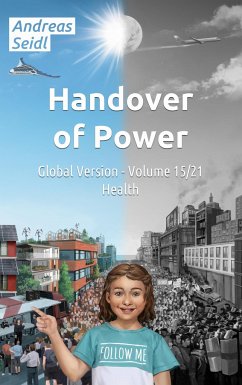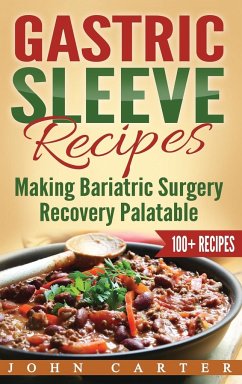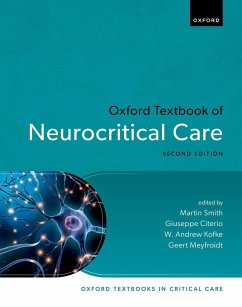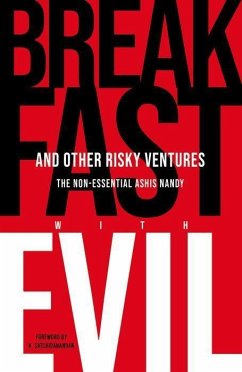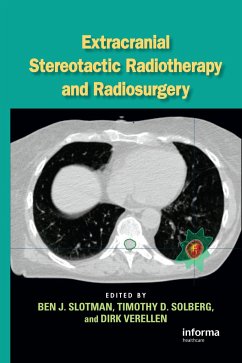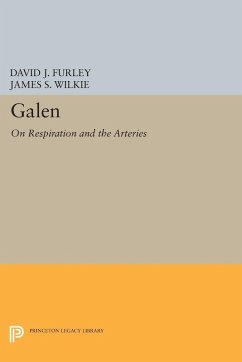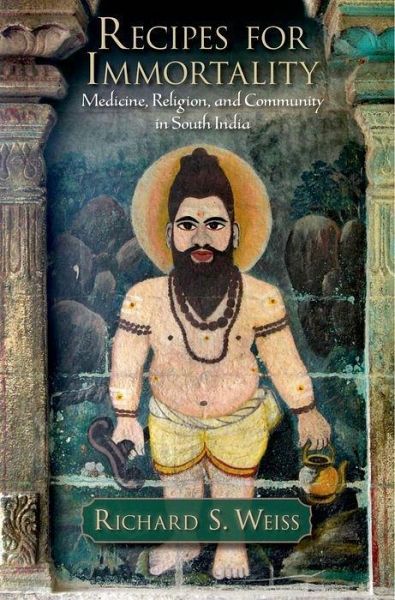
Recipes for Immortality
Healing, Religion, and Community in South India
Versandkostenfrei!
Versandfertig in 1-2 Wochen
133,99 €
inkl. MwSt.
Weitere Ausgaben:

PAYBACK Punkte
67 °P sammeln!
In India today, the sick can choose from a range of medical options, including Western biomedicine, homeopathy, Sanskritic ayurveda, Tamil siddha, Islamic unani, and Gandhian nature cure, among others. This variety might seem surprising, given the rapid globalization of the medicines, institutions, and explanatory apparatus of Western medicine. While penicillin cures many ailments, however, the complexities of human health and medical experience leave much to chance, to cultural interpretations of healing, and to the imagination. Traditional doctors continue to thrive in the modern world, says Richard Weiss, because they employ imaginative resources that speak to the sense of identity, hope, and duty of millions of people. In this book, Weiss seeks to illuminate the present success of traditional doctors by examining the ways that siddha practitioners in Tamil South India have won the trust and patronage of patients. They do this, he shows, by offering affiliation to a timeless and pure community, the fantasy of a Tamil utopia, and even the prospect of immortality.They construct an imaginative, utopian world of a potent and pure Tamil medicine that stands in contrast to the manifest world of contemporary Tamil society, a world in which they vie with biomedical doctors for medical authority and clientele. This imagined world is not idle fantasy, argues Weiss, because it suggests work that Tamils should set for themselves: the recuperation of this utopian world through collecting and systematizing its scattered remains. In other words, siddha doctors hope to merge these two worlds, to reveal the traditional world to modernity, and to make siddha medical knowledge available to public scrutiny. such a merger, they suggest, will reveal to the world the glory of Tamil medicine and culture, which at this point exists most robustly in the hopeful writings of Tamil revivalism.




